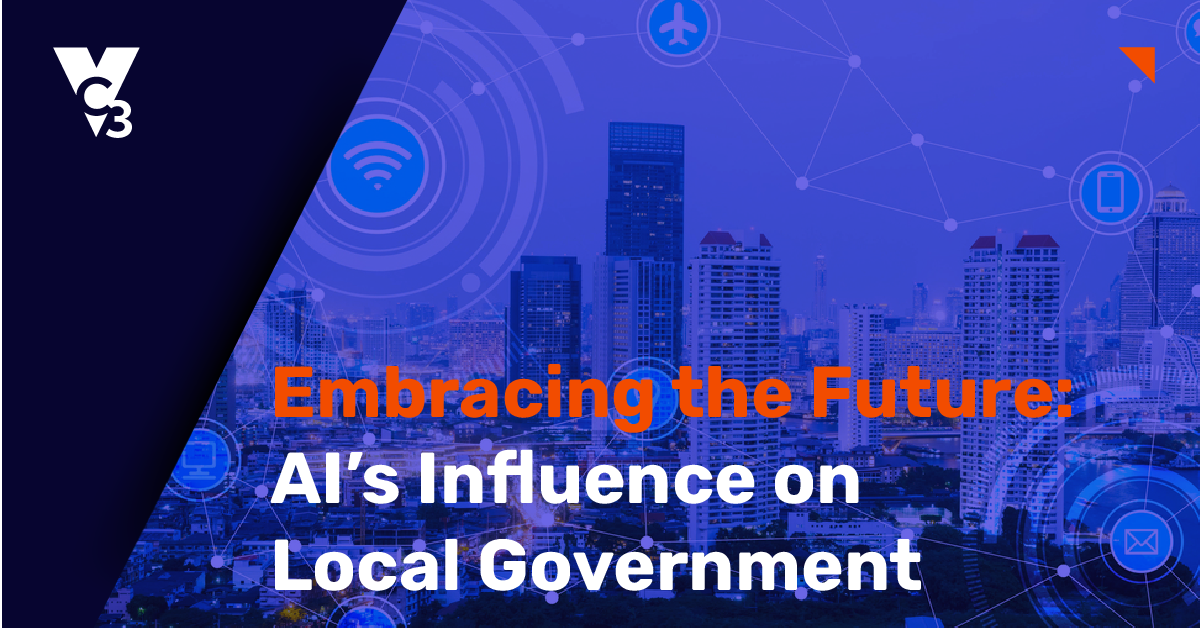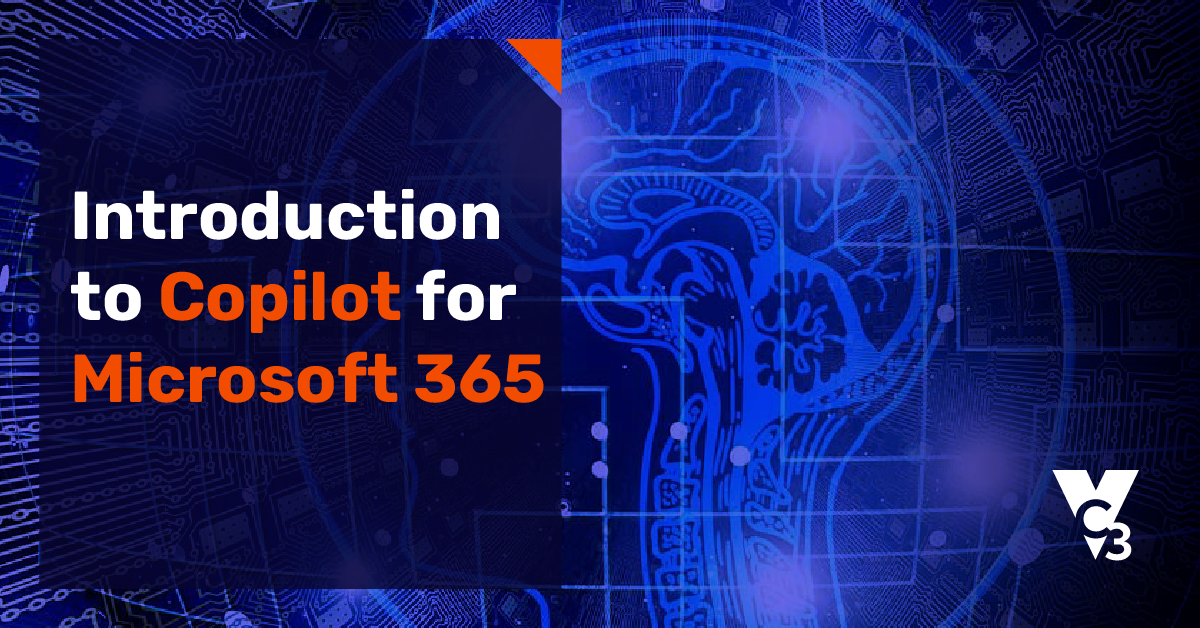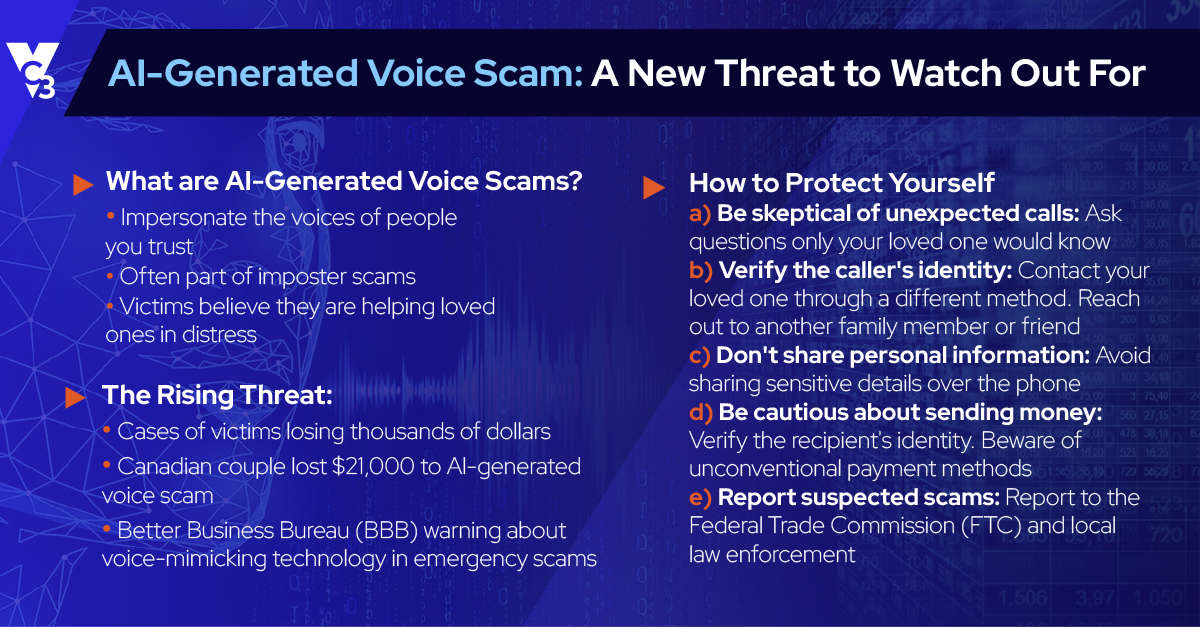Artificial Intelligence (AI) is not a concept in the distant future. It’s a present reality already woven into our daily lives, sometimes so seamlessly that it goes unnoticed. From providing prompts that assist in drafting an email to receiving personalized recommendations on movie streaming platforms, AI's subtle integration into our lives illustrates its profound potential to transform day-to-day activities, including those of local government.
In the news, you might hear hype and excitement about the wonders of AI. It can prepare your tax returns, respond to emails, and even make music. And there are also horror stories about AI replacing jobs, taking over decision making, or surpassing human intelligence.
In reality, AI mostly operates beneath the surface, similar to how it’s already a part of your life when you ask your phone questions or use GPS to get directions. That’s where its true potential for local government lies. Already, municipalities are leveraging AI in subtle but powerful ways to become more efficient, improve decision-making, and offer tools to residents that empower their interactions with local government.
AI Thinks How We Think, But Way Faster
When you think about how we think, we use data. Let’s say you’re buying a wireless headset online. You might use ratings, customer reviews, and product descriptions. Past experiences and emotions come into play, but you leverage a lot of data to make a decision.
Now, let’s get absurd for a moment. What if you devoted all your time for an entire year researching headsets? What if you read through every single rating and comment about every single headset that's available online? Obviously, that would take way too much time to do—and that is certainly not an efficient use of your time.
AI can do that. In seconds. Not a year.
Or, imagine asking a librarian for help on writing a book about municipal budgeting. A librarian can direct you to books, articles, and other resources—but you have to read them. Librarians—and search engines—do a really efficient job of saying, “Here’s something that can help you.”
By contrast, think of AI like a researcher who has read all the books and articles. It’s not human, so it doesn’t really understand what it reads. But it has literally processed the text. Instead of directing you to resources, the researcher says, “I'm going to work with you because I've read all these resources. Let me help you get started with an essay that you can review, challenge, and tweak.”
That's the key difference. AI does not simply give us a result. It gives us a starting point.
With AI, time doesn’t matter—as much. Computers think the same way we think, but unlike us they think as if they have all the time in the world. And they perform such thinking in seconds. But they need data—the more, the better. Large volumes of high-quality data are a key factor that allow AI to solve problems and make predictions.
Use Cases in Local Government
Municipalities are often data-rich in key areas. Envisioning some practical applications of AI within local government helps us recognize its potential.
- Waste Management Optimization: Waste collection involves a lot of data—volume of waste generated, locations of waste bins, waste collection times, the weather forecast, road conditions, traffic patterns, etc. Much of this data is probably sitting within some municipal database. It’s possible to leverage that data with an AI tool focused on waste management optimization. With the results, you can optimize collection routes and schedules, reduce fuel consumption, and more efficiently route for collection services.
- Municipal Planning: Data related to population growth, housing demand, transportation, traffic, etc. can be used to predict future demand for housing and transportation. AI can analyze vast datasets regarding road use, infrastructure conditions, and utility usage to prioritize maintenance and development projects. This predictive analysis aids in extending the lifespan of public assets, ensuring the efficient allocation of resources, and accommodating growth.
- Public Service Delivery and Citizen Engagement: AI-driven chatbots and virtual assistants can offer citizens 24/7 access to information and services, reducing wait times and improving overall citizen satisfaction. These tools can handle queries ranging from service requests to informational inquiries, streamlining communication between the government and the public. Some AI tools can be more proactive by monitoring social media to see what people are saying who live within the confines of your city, town, or village such as knowing that the public is coming to a city council meeting to discuss a specific issue. You could also monitor 311 systems, public safety systems, and other resident-related data to help proactively address resident concerns before they wind up on the news or lead to a heated public forum.
- Emergency Preparedness and Response: Through the analysis of past weather patterns and real-time data such as traffic patterns, AI can enhance emergency preparedness for natural disasters such as hurricanes. Providing citizens with actionable steps and optimizing evacuation routes can significantly reduce disaster impact.
- Law Enforcement: Law enforcement has a lot of data—dispatch logs, incident reports, arrest records, etc. There is potential to use AI on top of existing data for a variety of purposes. For example, what if you could predict if there's a certain amount of domestic violence in a certain area and then focus more proactively on those areas to address this problem.
These are just a few examples of how versatile AI can be in addressing a variety of local government functions. From enhancing physical infrastructure to optimizing digital interactions with citizens, AI can help government leaders improve the quality and efficiency of public services in ways that previously weren’t possible.
📖 Related Resource: Learn more about Copilot
AI Use in Sensitive Government Environments
Like any emerging technology, security risks accompany the evolution. A few areas of concern include:
- Data Privacy: If sensitive or personally identifiable information is compromised, especially resident information, it can lead to privacy violations and regulatory penalties. It’s currently a best practice to not feed sensitive and confidential information into AI tools if you do not know where that data is stored or will end up.
- Data Manipulation: It’s easy to fall under the spell of AI and trust the information it outputs to you. As is, we often don’t have transparency about how AI arrived at its information. But what if cyberattackers introduce subtle modifications to input data, causing the AI system to make incorrect or malicious predictions? These attacks can undermine the reliability and trustworthiness of AI-powered applications, especially when the data affects your residents.
- Incorrect Data: Sometimes, AI is simply wrong. A human always needs to review the information that an AI system returns. It’s not perfect. Again, think of AI like a starting point. You should never 100% trust whatever it spits out without human review.
- Misuse: Malicious actors can misuse AI models for nefarious purposes, such as generating deepfakes, conducting social engineering attacks, or automating cyberattacks. AI-enabled cyber threats pose significant challenges for cybersecurity professionals in detecting and mitigating emerging threats effectively.
When a technology is in its early stages, the experimentation and play can be intoxicating—leading employees to simply not think about security concerns. AI-related cybersecurity risks need to be included in your employees’ security awareness training.
Preparing for an AI-Enhanced Future
Even if you're not pushing AI at your municipality, people are very likely already using it. As local government leaders recognize the transformative potential of AI, they can take proactive steps to prepare for an AI-enhanced future.
The first step is to understand the technology and its potential applications. This includes learning about how AI works, what it can do, and what it can’t do. Experiment. Play. Try tools such as ChatGPT, CoPilot, and others. Encourage employees to experiment with existing tools and generate ideas on how AI can be leveraged for your city or town.
The second step is to gather your thoughts, discuss your initial findings, and identify potential areas where AI could be most beneficial. Anything is fair game—from simple resident engagement tools such as a chatbot on your website to complex AI applications that may assist with making decisions based on large data sets. Ask yourself, “How can AI help solve specific problems?”
From there, you can then work with IT professionals and consultants to formalize your ideas, see what’s possible, and develop roadmaps for incremental adoption. Based on how fast you proceed, you may also want to consider employee training around AI and start to formulate policies that will guide implementation. For example, you don’t want an employee using ChatGPT to answer a resident’s question by cutting and pasting the answer without reviewing it, potentially sharing incorrect or misleading information.
Upfront investment in planning and preparation can result in better integration of AI and improved outcomes for everyone.
Envision AI-enabled Municipal Operations
AI has the potential to revolutionize local government operations, from efficiency enhancements to better service delivery. While the journey to AI adoption may present its challenges, an informed and forward-thinking approach will help local governments harness the full potential of AI to create tangible benefits for their communities.
Every local government has the potential to benefit from AI. The first step involves understanding how AI can be applicable to current operations and services. Ready to take that step? Contact our VC3 team. We can help you visualize how AI could benefit your residents and help plan for AI implementation. Embrace the future - with VC3 by your side.






